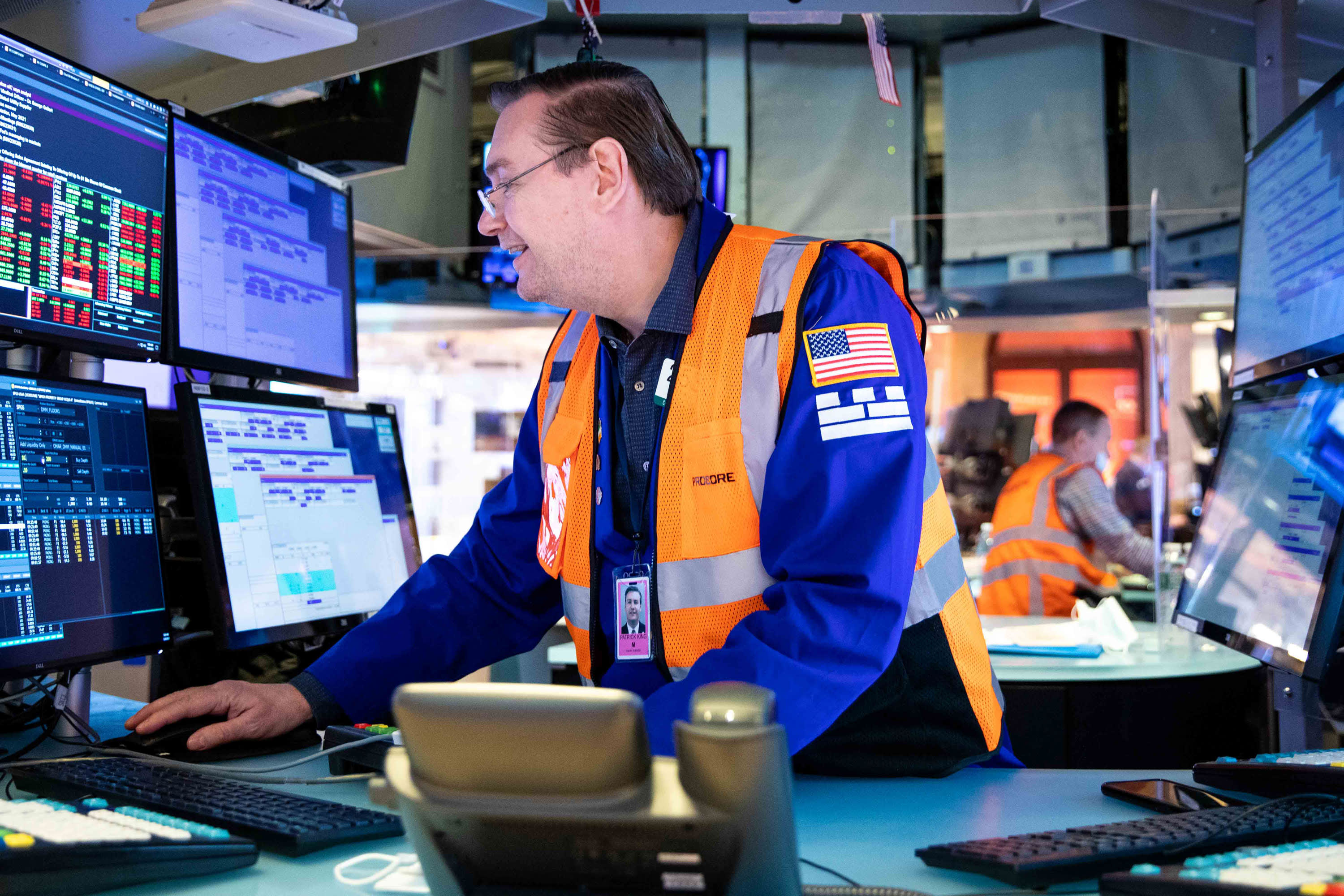Treasury yields give up most of gain after core inflation rises less than expected

U.S. Treasury yields lost most of their gains from earlier in the morning Wednesday, as the Labor Department reported core inflation continued to rise in July, though less than expected.
The yield on the benchmark 10-year Treasury note dipped less than a basis point to 1.339% at 9:35 a.m. ET. The yield on the 30-year Treasury bond added 1.5 basis points, climbing to 1.999%. Yields move inversely to prices. One basis point is 0.01%.
The consumer-price index rose 5.4% in July from a year earlier, and 0.5% on a monthly basis, the Labor Department reported Wednesday.
Core inflation, which excludes petroleum and food prices, rose by 0.3% in July, missing economist expectations of a 0.4% increase and lower than June’s 0.9% increase. Core CPI is considered a more reliable inflation because of petroleum and food prices can be so volatile.
“Fed officials will no doubt see these figures as validating their claims that most of the previous surge in core inflation would prove transitory, but there were also signs in July’s report that more lasting price pressures are continuing to build,” said Andrew Hunter, an economist at Capital Economics.
For example, bar and restaurant prices continued to surge, pointing to labor shortages and rising wages, and rent prices continued their rise.
“Overall, the July data suggest that the initial burst of stronger inflation is now fading, but it is still much too soon to dismiss the risks of a more prolonged period of higher inflation over the coming years,” Hunter added.
Meanwhile, Kansas City Federal Reserve President Esther George is due to speak at 12 p.m. ET on Wednesday. Investors will be listening to her comments closely, given that two Fed officials this week have already suggested that inflation has now reached the point that would satisfy one part of the central bank’s targets to start paring back its easy monetary policy.
Both Atlanta Fed President Raphael Bostic and Richmond Fed President Thomas Barkin said on Monday they believed inflation had reached the central bank’s 2% long-term inflation threshold, according to a Reuters report.
Sam Zief, global head of FX strategy at JPMorgan Private Bank, told CNBC’s “Street Signs Europe” on Wednesday that he believed both investors and the Fed saw rises in inflation as transitory.
Zief said that inflation appeared to be driven higher in the near term by the reopening of sectors in the economic recovery from the pandemic. He believed investors, therefore, would likely be satisfied that the “Fed isn’t going to overreact” if pricing pressures in these sectors started to cool off.
“If we start to see those inflationary pressures broaden beyond those sectors particularly maybe into wages, then I think the Fed starts to perk up its ears and that’s the kind of thing that could make the Fed move even more quickly,” Zief added.
Auctions are due to be held on Wednesday for $30 billion of 119-day bills and $41 billion of 10-year notes.
— CNBC’s Pippa Stevens contributed to this report.




